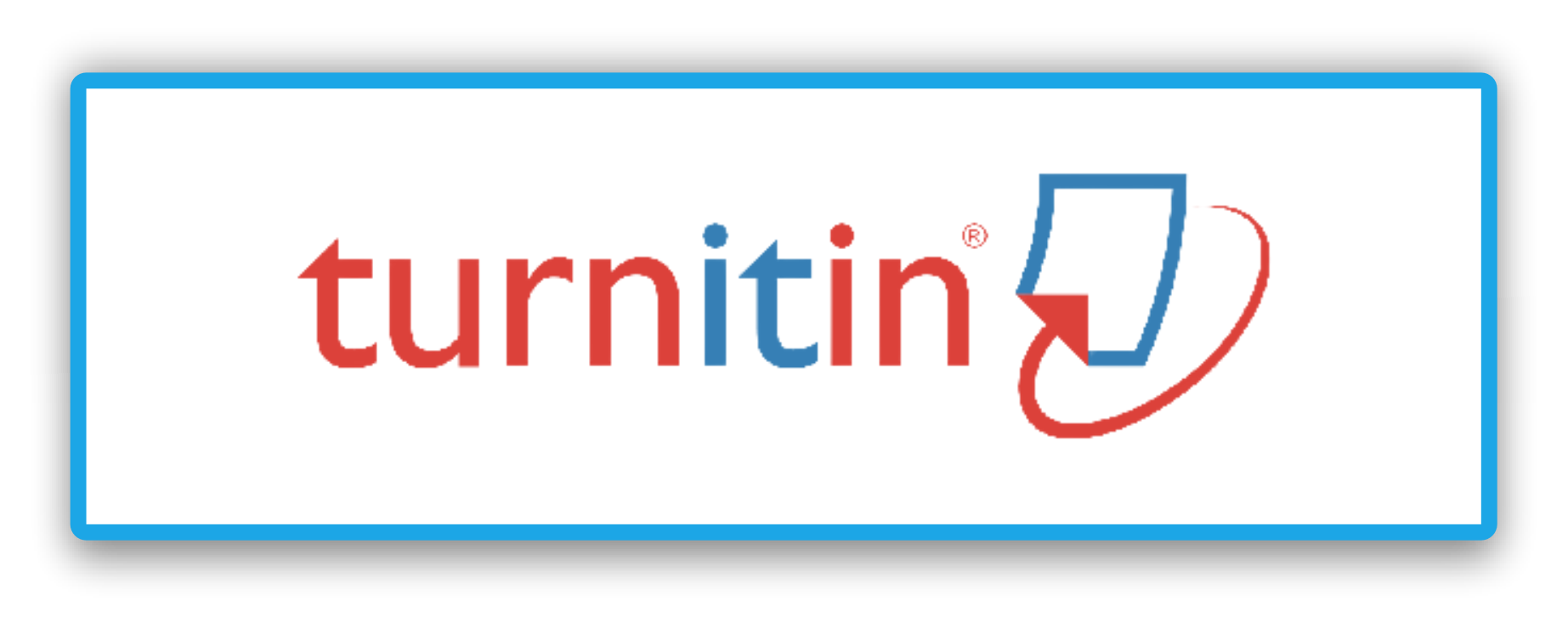Implementation of the Experiential Learning Model in the Aqidah Akhlak Subject for Student Character Development at Madrasah Tsanawiyah An-Nur Padang
Abstract
Full Text:
PDFReferences
Anderson, K., Gupta, S., Nava Buenfil, F., & Verrinder, G. (2022). Using experiential learning and authentic assessments to support students to become competent health promotion practitioners. Health Promotion Journal of Australia : Official Journal of Australian Association of Health Promotion Professionals, 33 Suppl 1(Suppl 1), 27–34. https://doi.org/10.1002/hpja.654
Ben Peretz, M., & Shachar, M. (2012). The Role of Experiential Learning in Holocaust Education. Social and Education History, 1(1), 5–27. https://doi.org/10.4471/hse.2012.01
Busti, I., Ritonga, M., & Lahmi, A. (2021). Kepala Madrasah dan Perannya dalam Meningkatkan Profesionalisme Guru: Studi Eksplorative di MTs Istiqamah Talu. Intiqad: Jurnal Agama Dan Pendidikan Islam, 13(1), 1–15. https://doi.org/10.30596/intiqad.v13i1.6230
Firmansyah, Pratama, I. P., Ali, M., Husni, M., & Fatimah, S. (2024). The Concept of Implementing Active Learning Strategies in Islamic Religious Education Learning. Jurnal Ilmiah IJGIE, 5(2), 125–135. https://doi.org/10.37567/ijgie.v5i2.3212
Hakim, R., Ritonga, M., Khodijah, K., Zulmuqim, Z., Remiswal, R., & Jamalyar, A. R. (2022). Learning Strategies for Reading and Writing the Quran: Improving Student Competence as Preservice Teachers at the Faculty of Tarbiyah and Teacher Training. Education Research International, 2022. https://doi.org/10.1155/2022/3464265
Indainanto, Y. I., & Purba, A. M. (2024). The Impact of Social Media Influence on Mental Health in Adolescents. Indonesian Journal of Medical Anthropology Vol.05, 05(01), 19–23. https://doi.org/10.1891/9780826151117.0026
Khansa, E. Al, Pahrudin, A., Jatmiko, A., Sufian, M., & Azad, I. (2024). The Integrated Learning Model in Islamic Religious Education in Junior High School. Southeast Asian Journal of Islamic Education, 07(02), 69–85. https://doi.org/10.21093/sajie.v7i2.9356 The
Kolb, D. A. (1984). Experiential Learning: Experience as The Source of Learning and Development. Prentice Hall, Inc., 1984, 20–38. https://doi.org/10.1016/B978-0-7506-7223-8.50017-4
Leal-Rodríguez, A. L., & Albort-Morant, G. (2019). Promoting innovative experiential learning practices to improve academic performance: Empirical evidence from a Spanish Business School. Journal of Innovation & Knowledge, 4(2), 97–103. https://doi.org/https://doi.org/10.1016/j.jik.2017.12.001
Lehtinen, A., Kostiainen, E., & Näykki, P. (2023). Co-construction of knowledge and socioemotional interaction in pre-service teachers’ video-based online collaborative learning. Teaching and Teacher Education, 133, 104299. https://doi.org/https://doi.org/10.1016/j.tate.2023.104299
Malik, A., Mursal, M., & Aguswan, A. (2019). Strategi Kepala Madrasah Dalam Meningkatkan Kuantitas Dan Kualitas Peserta Didik Di Madrasah Tsanawiyah Muhammadiyah Kota Solok. Ruhama: Islamic Education Journal, 2(1), 39–48. https://jurnal.umsb.ac.id/index.php/ruhama/article/view/1445
McLeod, S. (2017). Kolb ’ s learning styles and experiential learning cycle. SimplyPsychology, 1–8. https://www.simplypsychology.org/learning-kolb.html
Morris, T. H. (2020). Experiential learning a systematic review and revision of Kolb’s model. Interactive Learning Environments, 28(8), 1064–1077. https://doi.org/10.1080/10494820.2019.1570279
Phan, Nhan. (2024). Bridging the Gap: A Framework for Experiential Learning in Higher Education. Business and Professional Communication Quarterly, 23294906241292010. https://doi.org/10.1177/23294906241292009
Prihatina, S. A., Sukarno, S., & Triyanto, T. (2022). Internalizing the Social Care Value of Elementary School Students through Character Education. QALAMUNA: Jurnal Pendidikan, Sosial, Dan Agama, 14(2), 509–524. https://doi.org/10.37680/qalamuna.v14i2.3417
Ritonga, M., Lahmi, A., Ishaq, Septiana, V. W., & Mahmud. (2021). Religious Extracurricular as a Capital for Character Development of Students in Junior High School. Psychology and Education Journal, 58(1), 682–689. https://doi.org/10.17762/pae.v58i1.817
Rosenthal, F. (2007). knowledge Triumphant the Concept of Knowledge in Medieval Islam. In Sustainability (Switzerland) (Vol. 11, Issue 1). Brill. http://scioteca.caf.com/bitstream/handle/123456789/1091/RED2017-Eng-8ene.pdf?sequence=12&isAllowed=y%0Ahttp://dx.doi.org/10.1016/j.regsciurbeco.2008.06.005%0Ahttps://www.researchgate.net/publication/305320484_SISTEM_PEMBETUNGAN_TERPUSAT_STRATEGI_MELESTARI
Salinas-Navarro, D. E., Vilalta-Perdomo, E., Michel-Villarreal, R., & Montesinos, L. (2024). Designing experiential learning activities with generative artificial intelligence tools for authentic assessment. Interactive Technology and Smart Education, 21(4), 708–734. https://doi.org/10.1108/ITSE-12-2023-0236
Suroso, S., & Husin, F. (2024). Analyzing Thomas Lickona’s Ideas in Character Education (A Library Research). Proceedings of the 7th FIRST 2023 International Conference on Global Innovations (FIRST-T3 2023), 39–47. https://doi.org/10.2991/978-2-38476-220-0_5
Suryanto, A., Saliman, S., & Sudrajat, S. (2023). Weakness of Character Education in Indonesian Teenager. Jurnal Penelitian Pendidikan IPA, 9(5), 3869–3874. https://doi.org/10.29303/jppipa.v9i5.3721
Vieira, J. S. M., & Feldens, D. G. (2021). Pedagogical theories and the process of internalization of moral values. Acta Scientiarum - Education, 43, 1–10. https://doi.org/10.4025/actascieduc.v43i1.49921
Widayanti, R., Febriani, S. R., & Ritonga, M. (2020). ICBC Program to forming Character Building. Jour of Adv Research in Dynamical & Control Systems, 12(02), 3265–3273. https://doi.org/10.5373/JARDCS/V12I2/S20201448
Zahrah, Yuliani, Triwahyuni, Y., Kurniawati, Y., & Yuliani. (2024). Effective Strategies in Teaching Moral Creeds to Increase Faith and Moral Goodness in MTs Alkhairaat Pelawa Students. Jurnal Profesi Guru Indonesia, 1(4), 126–137. https://journal.mgedukasia.or.id/index.php/darussalam
DOI: https://doi.org/10.31869/ruhama.v8i1.6680
Article Metrics
Abstract view : 0 timesPDF - 0 times
Refbacks
- There are currently no refbacks.

This work is licensed under a Creative Commons Attribution-ShareAlike 4.0 International License.
INDEXED BY :
Pascasarjana UM Sumatera Barat
Jl. Pasir Kandang No.4, Pasie Nan Tigo, Kec. Koto Tangah, Kota Padang, Sumatera Barat 25586.
 This work is licensed under a Creative Commons Attribution-ShareAlike 4.0 International License.
This work is licensed under a Creative Commons Attribution-ShareAlike 4.0 International License.












